Reiki 1st Degree
Awaken Your Inner Healer: Embrace the Power of Reiki!

7 Hours average completion time
0.7 CEUs
12 Lessons
18 Exams & Assignments
99 Discussions
12 Videos
14 Reference Files
9 Articles
Mobile Friendly
Last Updated January 2026
Reiki 1st Degree: A Deep Dive into Holistic Healing and Spirituality
Originating from time-honored Eastern traditions, Reiki seamlessly intertwines profound spiritual tenets to offer a comprehensive healing modality. It recognizes the importance of catering to the entirety of human existence, ensuring that both body and spirit are harmoniously balanced. By emphasizing the interconnectedness of our physical, emotional, and spiritual dimensions, Reiki becomes a profound tool for personal transformation and wellness.
This course, structured meticulously over twelve lessons, introduces you to the core principles and techniques of Reiki. Designed with utmost precision and drawing from the wisdom of seasoned Reiki Masters, the curriculum ensures that upon completion, you are not only knowledgeable but also competent in applying Reiki's therapeutic techniques, starting with yourself and gradually extending to others.
A brief outline of what to expect:
-
Lesson 1: Introduction to Reiki - Dive deep into the essence of this age-old practice. Grasp the foundational concepts, its significance, and the profound benefits it brings to countless lives.
-
Lesson 2: Tracing Reiki's Roots - Journey through time and explore the genesis and subsequent evolution of Reiki. Witness how Eastern wisdom melded with Western adaptations to shape the practice we know today.
-
Lesson 3: Recognizing Disease Catalysts - Understand the myriad factors, both intrinsic and external, that contribute to illnesses, shedding light on how a holistic approach can often preempt or mitigate these issues.
-
Lesson 4: Reiki's Response to Health Challenges - Delve into the synergy between specific health issues and Reiki, understanding how this energy modality interacts with and influences various ailments.
-
Lesson 5: Quintessential Reiki Tenets - Unpack the Five Reiki Principles, which form the philosophical backbone of the practice, guiding practitioners in their healing journey.
-
Lesson 6: Energy Pathways and Vortexes - Introduce yourself to the chakras and meridians, intricate components of our body's energy framework, and understand their role in our overall well-being.
-
Lesson 7: Delving Deeper into Chakras - Explore the vibrancy of chakras in detail. Understand their unique colors, purposes, and the myriad functions they perform within our energy system.
-
Lesson 8: Mentorship in Reiki - Given the pivotal role a Reiki Master plays in a student's journey, this lesson provides insights into selecting a guide who resonates with your aspirations and spiritual goals.
-
Lesson 9: Priming for the Practice - Understand the significance of grounding and meditation. These preparatory rituals ensure clarity, focus, and optimal energy flow during Reiki sessions.
-
Lesson 10: Self-healing Techniques - Before extending healing to others, one must begin with self. This module equips you with techniques to channel Reiki's restorative energy for personal well-being.
-
Lesson 11: Extending the Healing Touch - Transition from self-healing to offering Reiki to others. Learn techniques, precautions, and the profound rewards of facilitating healing for someone else.
-
Lesson 12: Advanced Healing Scenarios - Delve into the nuances of conducting group healing sessions and addressing special cases, underscoring Reiki's versatile applications.
Throughout this course, learners are provided with a mix of theoretical knowledge, practical exercises, assignments, and reflective tools such as polls and surveys. This ensures a comprehensive learning experience, catering to various learning styles and ensuring that the knowledge gained is both deep and applicable.
By the course's conclusion, students will not only have a thorough understanding of Reiki's principles and practices but also the confidence to incorporate these lessons into daily life. Through consistent practice, meditation, and reflection, you will be poised to harness the transformative power of Reiki and even guide others on their healing journeys.
In essence, the Reiki 1st Degree course is more than just an academic undertaking; it's a spiritual voyage, offering tools for personal growth, holistic well-being, and a deeper connection to the universe's boundless energy.
- Techniques for self-healing and others
- In-depth knowledge of Reiki principles
- Mastering grounding and meditation
- Techniques to promote emotional well-being
- Developing a holistic approach to health
- Hands-on healing using universal energy
- Understanding energetic imbalances and impacts
- Enhancing personal and spiritual growth
- Balancing chakras and meridians
-

Aromatherapy 101
-
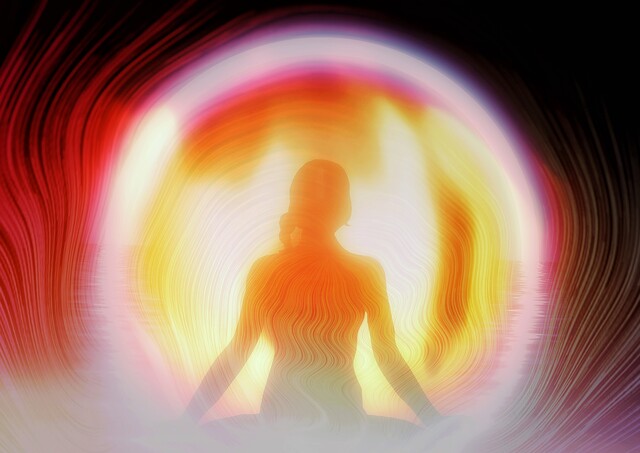
Auras: Viewing, Identifying, and Understanding
-
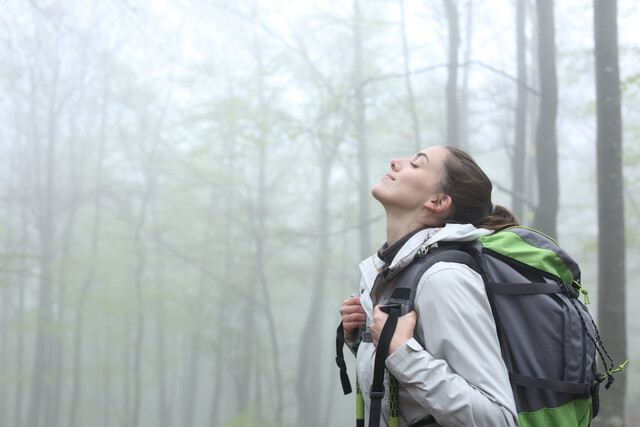
The Art of Breathing
-
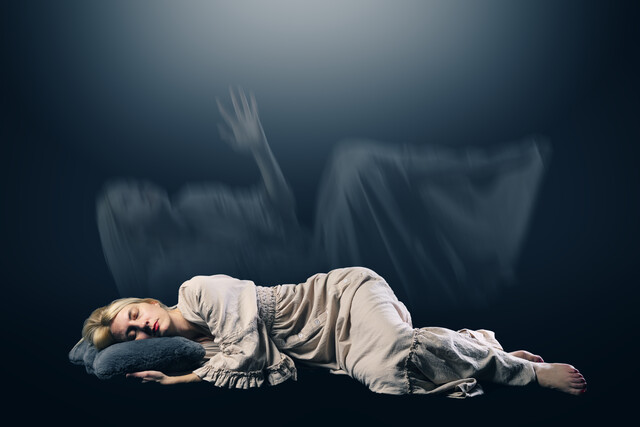
Dreams Unveiled: Navigating Your Nighttime Visions
-
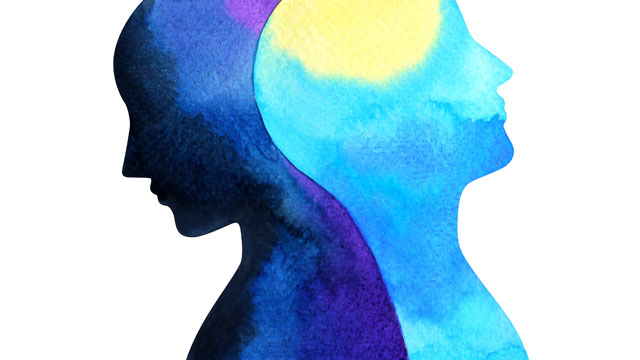
Reiki Level 2
-
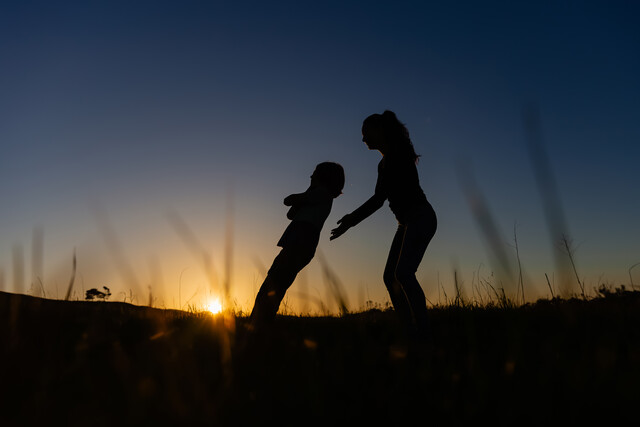
Healing Affirmations
-
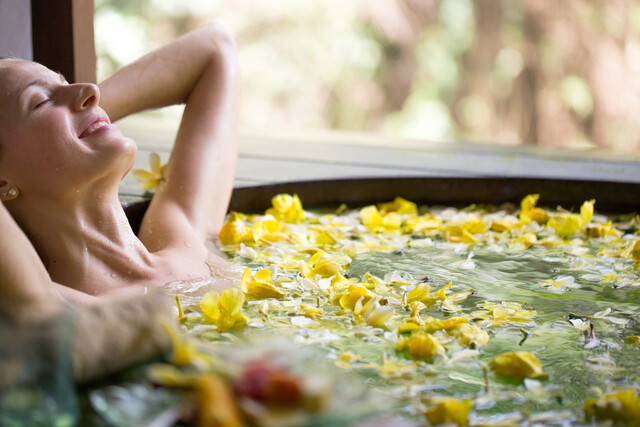
Bathing as Medicine: Therapeutic Bathing Techniques
-
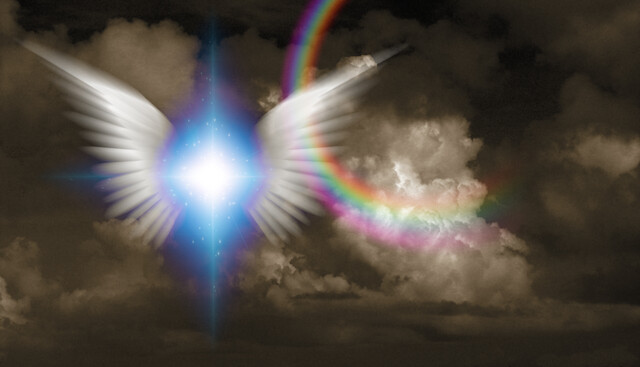
Angel Healing
-
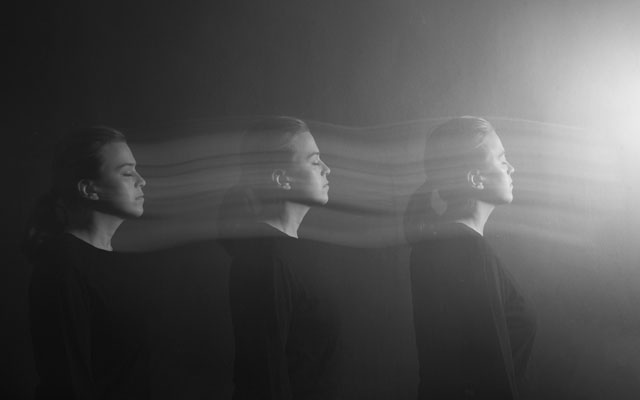
Spiritual Counseling
-
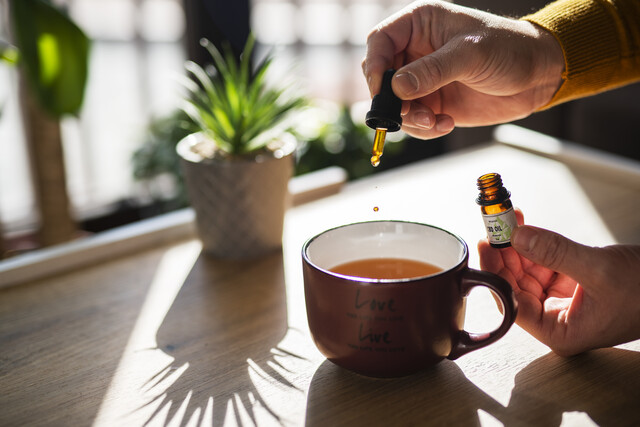
Homeopathy 101
-
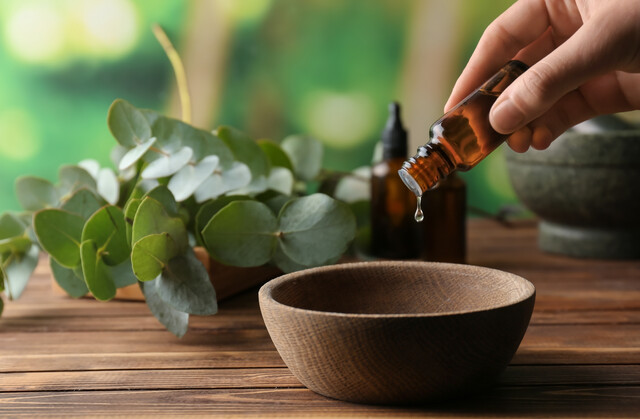
Advanced Aromatherapy: Nature's Elixirs and Recipes
-
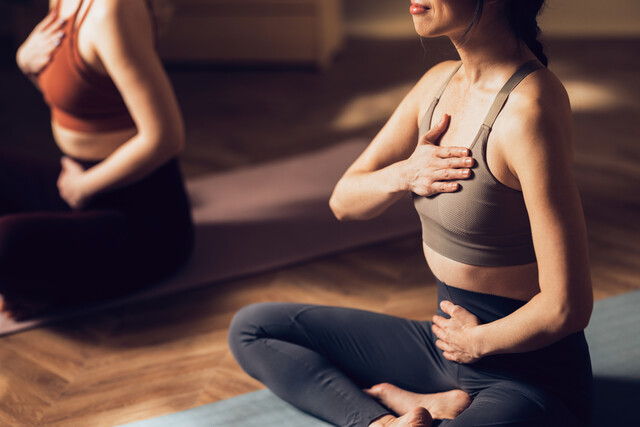
Meditation Mastery: Learn How to Meditate
-
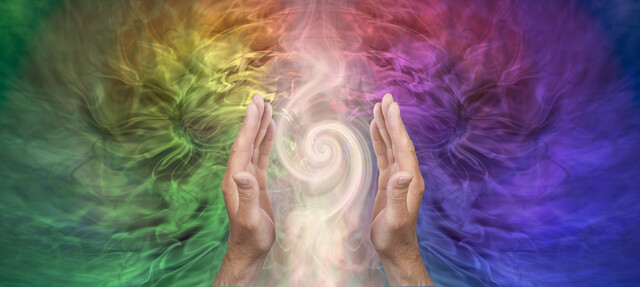
Reiki Ultimate 5 Course Bundle: Reiki Levels 1-5
-

Elemental Magick: Harnessing Nature's Forces
-
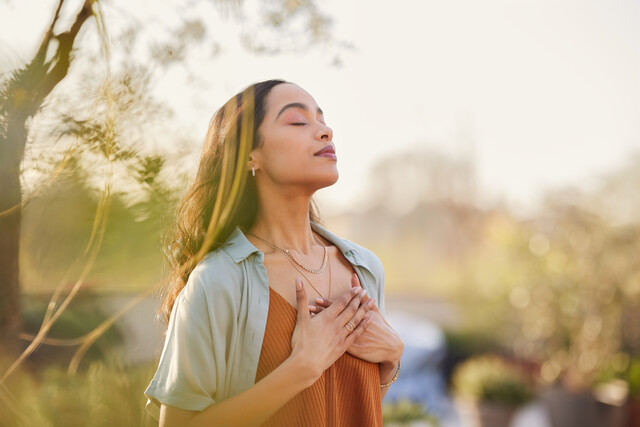
Relaxation 101
